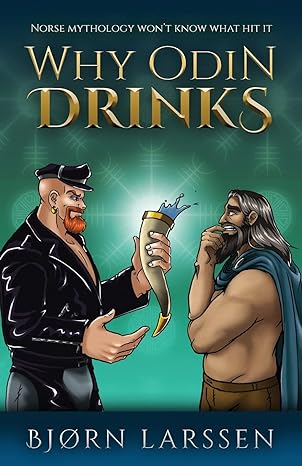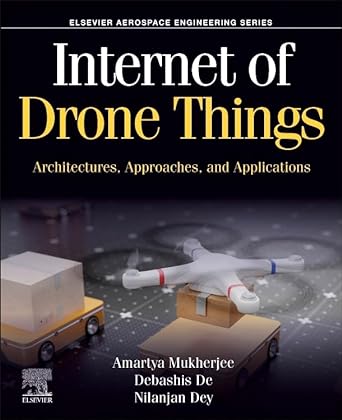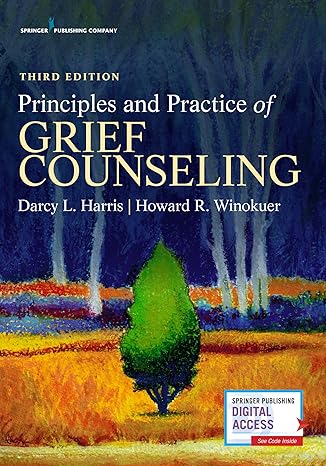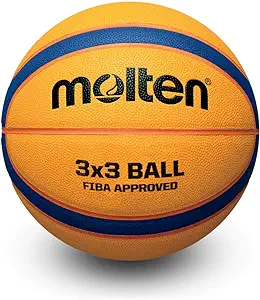Go back

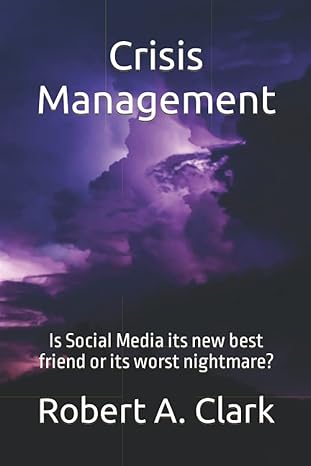
Crisis Management Is Social Media Its New Best Friend Or Its Worst Nightmare(1st Edition)
Authors:
Mr Robert A. Clark

Cover Type:Hardcover
Condition:Used
In Stock
Include with your book
Free shipping: April 04, 2024Popular items with books
Access to 3 Million+ solutions
Free ✝
Ask 10 Questions from expert
200,000+ Expert answers
✝ 7 days-trial
Total Price:
$0
List Price: $20.62
Savings: $20.62(100%)
Book details
ISBN: 1980376859, 978-1980376859
Book publisher: Independently published
Get your hands on the best-selling book Crisis Management Is Social Media Its New Best Friend Or Its Worst Nightmare 1st Edition for free. Feed your curiosity and let your imagination soar with the best stories coming out to you without hefty price tags. Browse SolutionInn to discover a treasure trove of fiction and non-fiction books where every page leads the reader to an undiscovered world. Start your literary adventure right away and also enjoy free shipping of these complimentary books to your door.
Crisis Management Is Social Media Its New Best Friend Or Its Worst Nightmare 1st Edition Summary: We are living in what is often referred to as the information age during which time we have witnessed the global economy becoming ever more dependent upon Information Technology and the Internet. In making its own contribution to this digital revolution, since the first site was launched in the late 1990’s social media has evolved at a breath taking pace. It has massively influenced just about every aspect of our lives and like the Internet it appears to be here to stay. There are naturally both advantages and disadvantages. While the benefits it brings on both a personal and commercial perspective are there to be enjoyed, it also has a darker side that individuals with evil intent have not been slow in exploiting. In evaluating the case for social media being adopted as a crisis management communication channel, the author has considered both the rewards and drawbacks that this offers. It soon becomes clear to the reader that social media is capable of playing the ‘hero’ or the ‘villain’ in just about every crisis. The broad spectrum of examples the author uses cover a number of industry sectors. He has successfully aligned these examples to many of the mainstream threats that organisations face on a daily basis. These include natural disasters, cyber threats, terrorism, adverse publicity, insider threat and even human error. He effectively demonstrates that a large corporation can just as easily find itself facing a major crisis in exactly the same way that a small or medium size enterprise can. Additionally, at both ends of the scale social media invariably finds some part to play. Consideration is also given to social media’s contribution to civil emergencies often when many hundreds or even thousands of vulnerable people can find themselves at risk. This book provides evidence that social media can and does help to save lives. Conversely, it can equally be held accountable for damaging our health both physically and psychologically.There is a fascinating assessment of Big Brother’s interest and involvement in social media. With skilful articulation social media’s darker side is delineated highlighting what is certainly one of its extremely undesirable attributes. One can be particularly captivated by a very realistic hypothesises that the text presents. It considers whether social media could have helped in savings more lives after the 9/11 Twin Towers attack had its capability back in 2001 been comparable to its modern day counterpart.The style of writing is with an ease almost as if the author is chatting with you. The book is well researched and does not necessitate one to be an expert on either crisis management or social media to understand and appreciate the arguments presented. Reviewers have found this book to be an enlightening read with an excellent opportunity for learning more in this field.So who should read this book? The obvious answer is anyone who has an interest in incident or crisis management in addition to media specialists. Individuals involved in law enforcement, emergency planning, risk management, business continuity and organisational resilience would also find this book a very useful source of reference. But is does not stop there. Just about anyone who uses social media personally or professionally would benefit from reading this book if only to fully understand the associated risks to their health and some cases even their careers.
Customers also bought these books
Frequently Bought Together
Top Reviews for Books
Tracey Richter
( 4 )
"Delivery was considerably fast, and the book I received was in a good condition."


